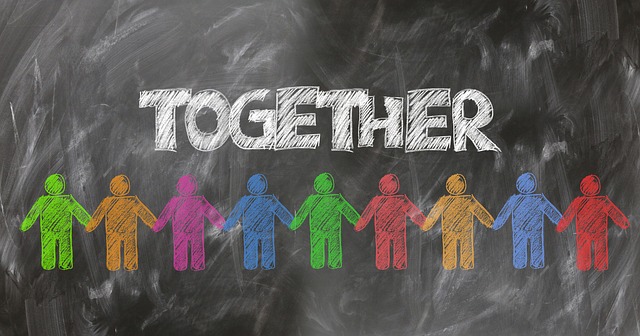In today’s blog, we change the focus to culture and the impact on the individual. We live in a global world with people moving and traveling across different countries, and cultures. As a bicultural person, originally from Eastern Europe, I have developed an insight of the benefits and challenges.
If you are a bicultural, you may be asking who I am, how do I form satisfying relationships, negotiate family expectations, and find friendships that appreciate my diverse background.
Here are the 5 common challenges of people who belong to different cultural groups.
1. Culture and your identity. How do you see yourself? To what extent do you identify with any specific group or culture? May be you were raised in a cross-cultural family or have lived in different countries, and your identity does not align with mainstream culture.
Despite these differences, you want to feel connected to who you are. Pause for a moment, and think about your culture, family, and past relationships. How have they influenced who you are today?
Do you need to integrate aspects of two or more cultures so you feel more balanced and whole?
So many people hide their true selves and pretend to be someone else because they are afraid of rejection. It takes courage and vulnerability to show more of you, and make real connections with others. Do you feel comfortable bringing who you are with your friends?
2. Belonging. It is human nature to desire belonging. Many people feel isolated or describe not fitting in, and having surface relationships. Do you to find friendships that support your multicultural background? An accepting social environment is crucial for your social and mental well-being.

Finding out what you enjoy and connecting to a supporting community helps you belong. As a Bulgarian-American, I often appear in the Bulgarian community, and have a diverse group of friends of multiple nationalities. I have inherited some cultural values from my Bulgarian background but also adopted many American cultural values and traditions. You want to be able to share your unique and authentic self with others.
I find that it is important to have connections that support, understand, and accept who you are.
3. Relationships. Do you find yourself attracted to people who have had similar experience to yours? How important is culture to you and finding a partner that would appreciate your cultural background?
Keep in mind intercultural couples confront a different dynamic – not only the meeting of two individuals but also two different cultures and understandings.
If you are in an intercultural partnership, negotiating and reconciling your differences is crucial for sustaining your relationship.
4. Family expectations. How do you navigate difference in values and priorities in your family? May be you’re expected to stay close to your family members, but instead you desire to pursue your own path, and move across the country.
We live in an individualistic society but in many cultures, such as the Latino-Americans, families have close knit relationships, and children are expected to stay in close proximity to the family. Family is seen as one unit where support and resources are shared.
5. Do you tend to silence your own voice so you can fit in?
When silence occurs, you tend to give up your own sense of self. The more you suppress, the harder it is to establish real connections. Assess what parts of you, you tend to hide. What values are most important to you – in terms of your career, spouse or as a parent. Re-define what success means based on your own terms.
Finally, we all have times when we need some support – whether it is from your family, friends or a compassionate therapist. Consider counseling. As a bicultural person, it is important to find someone who has sensitivity and appreciation towards different cultures, and understand your experience.






0 Comments